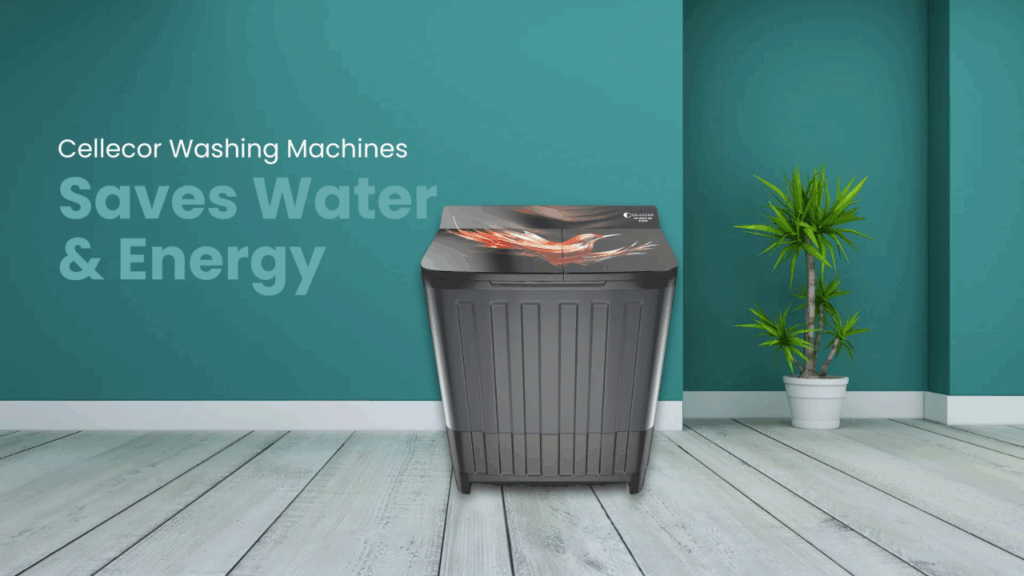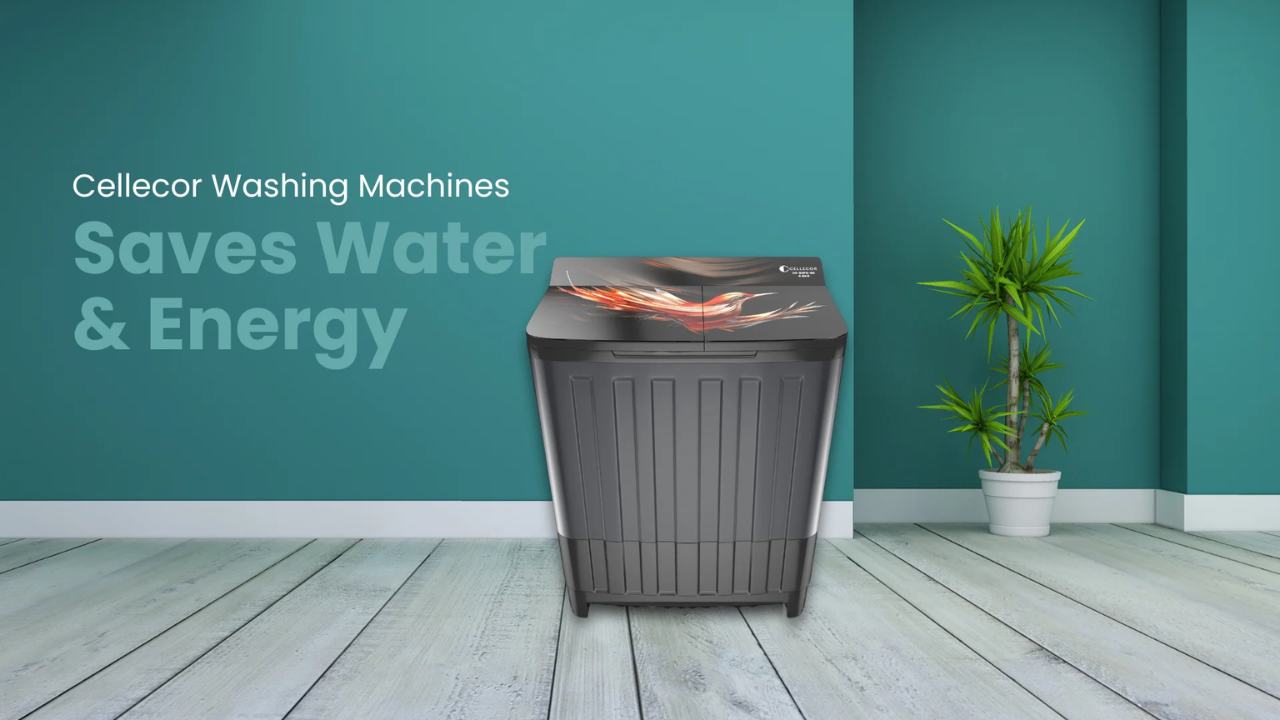
Laundry is a necessity in every household, but it is also one of the most resource-intensive chores. Washing machines and dryers consume large amounts of water and energy, making laundry a hidden contributor to environmental strain. By rethinking how we wash, dry, and care for our clothes, we can significantly reduce our ecological footprint—while saving money on utility bills.
This article explores practical and sustainable laundry tips that conserve both water and energy, helping households move toward greener living.
Why Sustainable Laundry Matters
- Environmental impact: Laundry accounts for billions of gallons of freshwater use globally every year.
- Energy consumption: Heating water and running dryers are among the biggest contributors to household energy bills.
- Clothing longevity: Sustainable practices help extend the life of fabrics, reducing waste.
- Personal savings: Smarter laundry habits lower both energy and water bills.
Practical Water-Saving Laundry Tips
1. Wash Full Loads Only
Running half-full cycles wastes both water and electricity. Wait until the machine is full before washing.
2. Switch to High-Efficiency Machines
Modern front-loading or high-efficiency (HE) washers use up to 50% less water and energy compared to traditional models.
3. Use the Right Water Level
If your machine allows manual adjustment, always set the water level according to the load size.
4. Reuse Greywater
In some households, washing machine wastewater (greywater) can be reused for flushing toilets or watering gardens.
Energy-Saving Laundry Practices
1. Wash in Cold Water
Nearly 90% of energy used in laundry comes from heating water. Cold water is effective for most clothes and preserves fabrics better.
2. Air Dry Whenever Possible
Dryers consume massive amounts of energy. Hanging clothes outdoors or using an indoor drying rack saves electricity and reduces wear.
3. Use Energy-Efficient Dryers
If you must use a dryer, choose an Energy Star–rated model with moisture sensors to avoid over-drying.
4. Schedule Laundry Smartly
Run laundry during off-peak hours if your energy provider offers time-of-use pricing—this saves money and reduces grid strain.
Eco-Friendly Detergent and Fabric Care
- Choose concentrated or eco-friendly detergents that reduce packaging waste and contain fewer harmful chemicals.
- Avoid fabric softeners and dryer sheets, which contain microplastics and unnecessary chemicals.
- Wash clothes less frequently—many garments can be worn multiple times before needing a wash.
Table: Water & Energy Saving Laundry Tips
| Category | Wasteful Practice | Sustainable Alternative |
|---|---|---|
| Washing | Half loads, hot water cycles | Full loads, cold water washing |
| Appliances | Old, inefficient machines | High-efficiency washers and dryers |
| Drying | Frequent dryer use | Air drying or energy-efficient dryer |
| Detergent use | Harsh chemicals, excess detergent | Eco-friendly, concentrated detergents |
| Frequency | Washing after every wear | Re-wear clothes when possible |
Broader Benefits of Sustainable Laundry
- Lower Bills: Save on both electricity and water costs.
- Healthier Clothes: Reduced washing preserves fabrics longer.
- Eco-Friendly Lifestyle: Cuts carbon footprint and water usage.
- Less Waste: Fewer detergents and chemicals enter waterways.
- Comfort: Cold water and gentle drying reduce fabric shrinkage.
Overview Table
| Tip | Water/Energy Saved | Impact |
|---|---|---|
| Wash in cold water | 90% less energy per load | Cuts bills, protects fabrics |
| Run full loads only | 10–20 gallons per load | Reduces water waste significantly |
| Air dry clothes | 3–5 kWh per load | Saves electricity, extends fabric lifespan |
| Switch to HE washers | Up to 50% less water/energy | Long-term cost savings |
| Use eco detergents | Reduces chemical waste | Protects water systems and fabrics |
Final Thoughts
Sustainable laundry is about small lifestyle adjustments that create big change. From washing in cold water and running full loads to air drying and choosing eco-friendly detergents, every decision contributes to a more sustainable household. Not only do these practices save money, but they also extend the life of your clothing while reducing strain on the environment.
By adopting these laundry tips, your home can become part of the solution to conserving precious resources—one load at a time.
FAQs
Q1: Does cold water really clean clothes effectively?
Yes, modern detergents are designed to work in cold water and are just as effective for most fabrics.
Q2: Is air drying better than using a dryer?
Absolutely—air drying saves energy, prevents fabric damage, and reduces carbon emissions.
Q3: What’s the single biggest water-saving laundry habit?
Washing full loads only—this ensures maximum efficiency per cycle.

